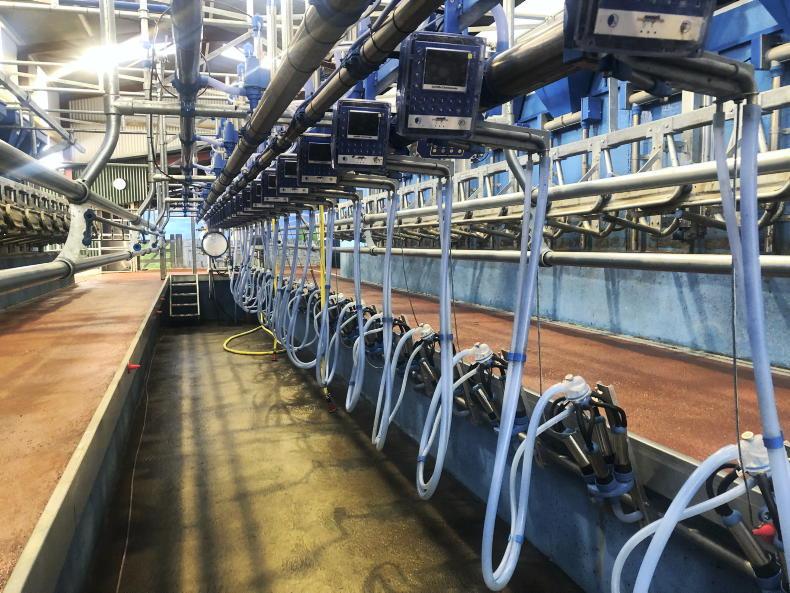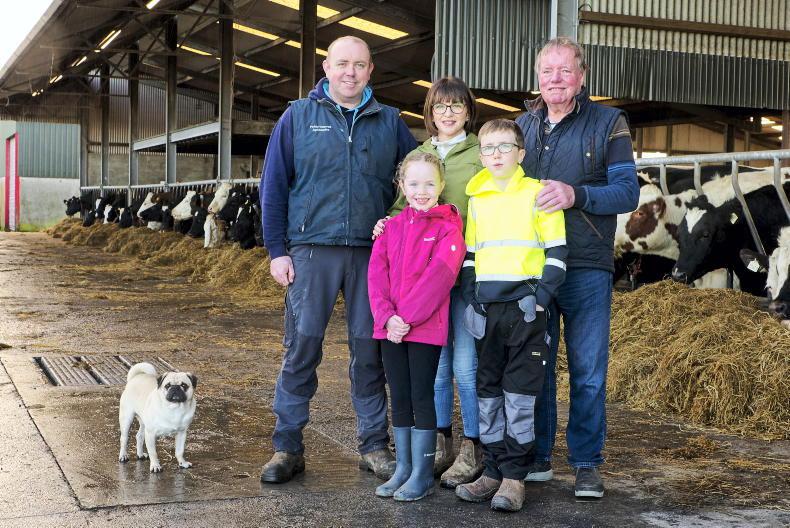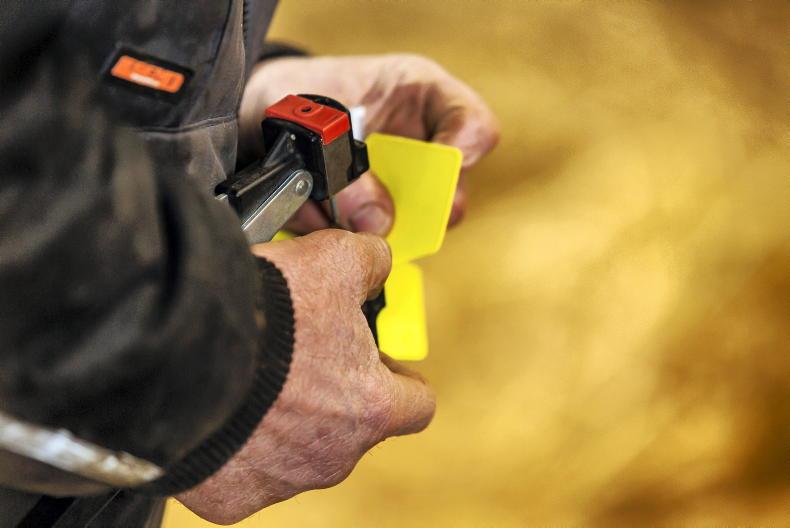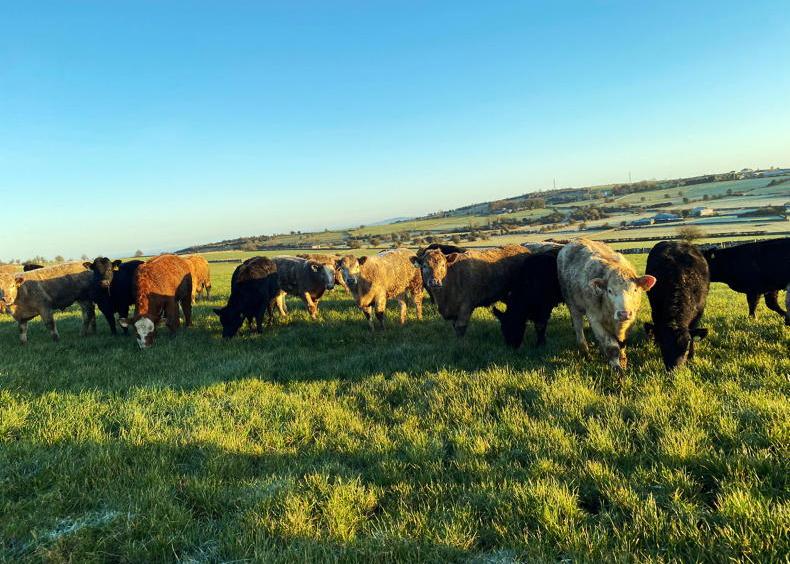Each of the five farm families shortlisted for the final of the Kerry Agribusiness Milk Quality and Sustainability awards for 2024 are winners in their own right. They have been selected from each of their regions based on the quality and the sustainability credentials of the milk they proudly produce.
Milk quality is determined by assessing the fat and protein per cent – that will determine the processing value. The somatic cell count will determine the processability of the milk, as will the total bacterial count.
For environmental credentials, the greenhouse gas emissions per kilo of fat and protein corrected milk are used to determine the carbon footprint of the farm.
Each of the above parameters can be assessed without ever stepping foot on a farm. The task for the judges is to pick a winner from the five farms shortlisted, and that is not an easy task. It’s at this stage of the competition that the debate moves beyond just milk quality or carbon footprint. Essentially, all the farmers shortlisted are good in this area.
The judges are looking for the farmer that is ahead of the rest in terms core farming skills, the adoption of best practice from research, implementation of key performance indicators, is implementing the best practice in terms of protecting the environment, has good work/life balance, is running a profitable business, is making a contribution to the community and above all else is a farmer that Kerry Agribusiness and the entire dairy sector can be proud of.
The task for picking the winners falls this year to a four-person judging team, made up of Ailish Moriarty, milk quality and sustainability lead with Kerry Agribusiness, Sean McCarthy, sustainability and services manager with Kerry Agribusiness, Brendan O’Neill, agriculture lecturer at Munster Technological University and Aidan Brennan representing the Irish Farmers Journal.
Even in the four years of judging the competition, there has been a notable change in the attitude and actions among farmers towards practices that improve sustainability.
Practices such as low-emission slurry-spreading, using protected urea and using low-protein dairy feeds were once seen as novel ways to reduce a farm’s environmental footprint, but are now standard practice on the competitor farms.
The average EBI of the herds in this years’ competition is €236 – much higher than the national average. The average carbon footprint on the competitors farms is 0.83kg CO2E per kg of fat and protein-corrected milk – again, this is much lower than the national average, showing the steps these farmers are taking are following through to lowering their carbon footprint.
The winners of the competition will be announced in mid-August and they will take away the prize fund of €2,500, with the runner-up receiving €1,500.
Each of the five farm families shortlisted for the final of the Kerry Agribusiness Milk Quality and Sustainability awards for 2024 are winners in their own right. They have been selected from each of their regions based on the quality and the sustainability credentials of the milk they proudly produce.
Milk quality is determined by assessing the fat and protein per cent – that will determine the processing value. The somatic cell count will determine the processability of the milk, as will the total bacterial count.
For environmental credentials, the greenhouse gas emissions per kilo of fat and protein corrected milk are used to determine the carbon footprint of the farm.
Each of the above parameters can be assessed without ever stepping foot on a farm. The task for the judges is to pick a winner from the five farms shortlisted, and that is not an easy task. It’s at this stage of the competition that the debate moves beyond just milk quality or carbon footprint. Essentially, all the farmers shortlisted are good in this area.
The judges are looking for the farmer that is ahead of the rest in terms core farming skills, the adoption of best practice from research, implementation of key performance indicators, is implementing the best practice in terms of protecting the environment, has good work/life balance, is running a profitable business, is making a contribution to the community and above all else is a farmer that Kerry Agribusiness and the entire dairy sector can be proud of.
The task for picking the winners falls this year to a four-person judging team, made up of Ailish Moriarty, milk quality and sustainability lead with Kerry Agribusiness, Sean McCarthy, sustainability and services manager with Kerry Agribusiness, Brendan O’Neill, agriculture lecturer at Munster Technological University and Aidan Brennan representing the Irish Farmers Journal.
Even in the four years of judging the competition, there has been a notable change in the attitude and actions among farmers towards practices that improve sustainability.
Practices such as low-emission slurry-spreading, using protected urea and using low-protein dairy feeds were once seen as novel ways to reduce a farm’s environmental footprint, but are now standard practice on the competitor farms.
The average EBI of the herds in this years’ competition is €236 – much higher than the national average. The average carbon footprint on the competitors farms is 0.83kg CO2E per kg of fat and protein-corrected milk – again, this is much lower than the national average, showing the steps these farmers are taking are following through to lowering their carbon footprint.
The winners of the competition will be announced in mid-August and they will take away the prize fund of €2,500, with the runner-up receiving €1,500.










SHARING OPTIONS